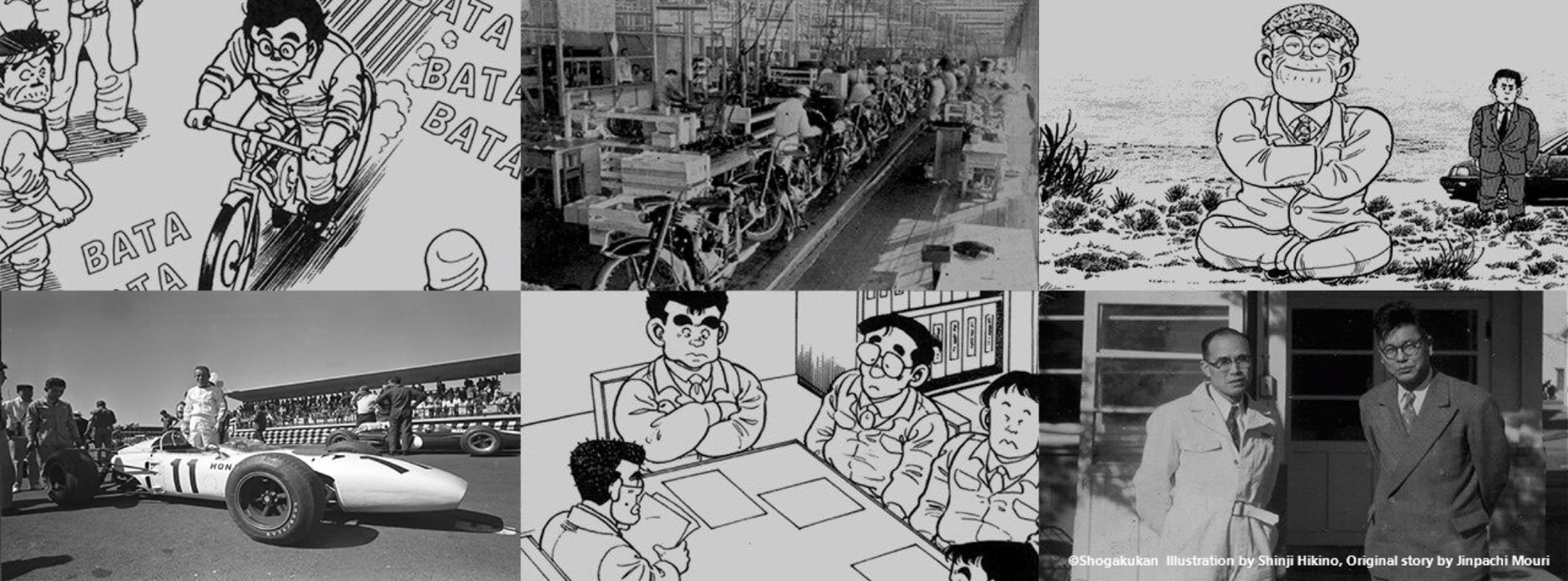When one thinks of the automobile landscape, few brands evoke as much fascination and discussion as Honda. Founded in Japan in 1948, Honda has evolved from a humble motorcycle manufacturer to a global automotive giant. However, a perennial question accompanies this brand’s story: Is Honda a foreign car or can it be classified as an American car? This inquiry may seem simple on the surface, but it dives deep into the complexities of globalization, economic trends, and brand identity.
To comprehend the crux of this question, one must first appreciate the historical context of Honda’s development. Honda started its journey in Japan with the ambition to build a better motorcycle. The company, led by Soichiro Honda, rapidly gained a reputation for quality and innovation. However, it wasn’t until the late 1970s and early 1980s that Honda began exporting cars to the United States, a pivotal moment that would intertwine its identity with the American culture of car ownership.
As Honda entered the American market, it didn’t merely bring vehicles; it offered a fresh perspective on mobility that resonated with American consumers. Models like the Civic and Accord became symbols of reliability and efficiency, attracting a diverse consumer base. The allure of Honda lay not only in its engineering prowess but also in its ability to adapt to changing market demands and preferences. Therefore, it became crucial—especially in the context of fuel crises and economic fluctuations—for Americans seeking reliable and economical vehicles.
The specifics of Honda’s manufacturing practices further complicate the narrative around its identity. While Honda is headquartered in Japan, significant manufacturing capabilities have developed in the United States. In fact, Honda has established several manufacturing plants across the country, producing a significant portion of its vehicles locally. This shift has led to the creation of thousands of American jobs and has sparked a dialogue regarding the ‘American-ness’ of Honda vehicles. Are cars made in America more American than those shipped over from Japan? This often-debated topic reveals the fluidity of national identity in the modern economy.
Honda’s manufacturing plants in Ohio and Alabama, among others, serve as a testament to its commitment to the American market. Model production, local sourcing, and substantial investments in American manufacturing facilities exemplify a nuanced relationship. While the Honda brand carries a Japanese heritage, its operational footprint in the U.S. establishes a duality of identity—one that intertwines both Japanese craftsmanship and American assembly.
A deeper examination into the notions of brand identity and consumer perception further enriches the discussion. For many American consumers, the label placed on a vehicle is often less about the geographical origin and more about the emotional connection it fosters. Honda has invested heavily in marketing that appeals broadly to American values of resilience, progress, and innovation. This emotional resonance allows Honda to transcend its ‘foreign’ identity, weaving itself into the narrative of everyday American life.
Additionally, the sociocultural implications of Honda’s operations in the U.S. cannot be overlooked. The brand’s approach to labor relations, sustainability initiatives, and community involvement plays a crucial role in shaping its perception. For instance, Honda’s commitment to producing ‘green’ vehicles and promoting fuel efficiency aligns remarkably with contemporary ecological values in the U.S. This synergy allows Honda to be perceived not simply as a foreign brand, but rather as a partner contributing to American societal goals. The guiding principles of the company, rooted in Japanese philosophy, resonate with the American ethos, enabling a dialogue that transcends borders.
Nonetheless, advocates for Honda’s classification as an American car point to economic implications as well. The United States has long been a crucial marketplace for Honda, contributing significantly to its sales and growth. The assembly of cars stateside acknowledges a level of investment that isn’t often considered when determining the nationality of an automobile. This notion brings into question whether cars can be classified solely based on where their headquarters are based. In a modern world characterized by global supply chains, this becomes a slippery slope.
Critics of the “foreign vs. American” dichotomy assert that such labels hinge upon outdated perceptions in an increasingly interconnected world. They argue that in the context of globalization, the essence of what defines a car as ‘American’ is complex and multifaceted. The emotional ties consumers have with their vehicles often solidify these identities over economic data or manufacturing location. A Honda vehicle, familiar on American roads, invites its owners to form their own narratives and associations, making it as much a part of American culture as any domestically manufactured vehicle.
As we reflect on the enduring question of Honda’s identity, the answer remains layered and nuanced. Honda is both a foreign brand and an integral part of the American automotive landscape. It is a company that, while steeped in Japanese heritage, has managed to carve out a distinct place within the American psyche. It beckons us to expand our notions of identity in a globalized economy, encouraging a broader dialogue that recognizes the intersection of culture, place, and economic reality.
In conclusion, whether one views Honda as a foreign or American car often depends more on personal perspective than rigid definitions. Rather than being confined to national identity, Honda exemplifies the harmony of cross-cultural influences and shared experiences. The vibrations of its engines resonate with both American and Japanese ideals, cementing its status as a globally recognized entity. Ultimately, the fascination with Honda lies not just in how one categorizes it but in understanding the deeper connections and cultural narratives shaped by its journey.
